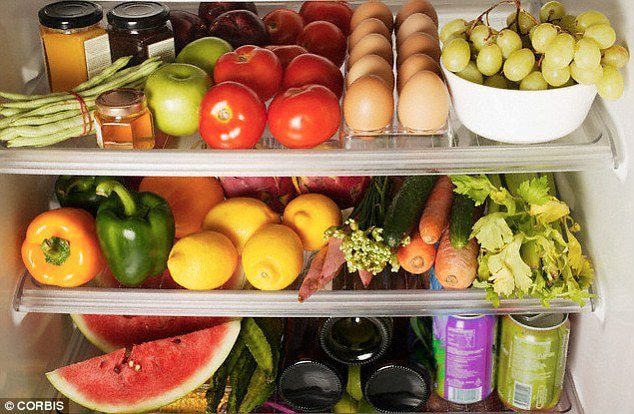Fruits and Vegetables: The Sweeter, the Less Nutritious?
Making vegetables and fruits sweeter may make them more palatable to children and adults, but the price is that they become less nutritious and lose some important health benefits.
 |
| Fruits and vegetables are getting sweeter – but less healthy |
Sweet foods are popular
In Florida 30 years ago, white oranges were much more popular than red and pink oranges (the two sweeter varieties)—27 million boxes of white oranges versus 23 million boxes of pink oranges. Today, pink and red oranges are twice as popular as white oranges.
However, white oranges contain 50% more bitter compounds — linked to improved cardiovascular health — than red and pink oranges.
Cabbage is also getting sweeter, with many varieties being labelled “kid-friendly” – because they are sweeter than older varieties. And kids like sweeter things more than adults.
It seems that evolution has made humans wary of foods that taste bitter – reminiscent of the taste of poison.
The bitter taste in fruit is medicine.
Often in fruits and vegetables, bitter compounds are natural toxins that act as insect deterrents.
AND according to Adam Drewnowski, an epidemiologist at the University of Washington (Seattle, USA), the bitter taste in plants is very good for health.
“The bitter taste in vegetables prevents cancer because it can destroy diseased cells. They are good because they are “toxic”.
And many other scientists believe that removing bitter substances – called phytochemicals – would be bad for us.
“Eating fruits and vegetables without bitterness is like drinking empty calories from a can of soda,” says Jed Fahey, a molecular scientist at Johns Hopkins University.
“Of course you can live on de-bittered fruits and vegetables, but they are not good for your health.”
How good is bitter?
Thousands of bitter-tasting phytonutrients have been discovered.
Oranges contain a super bitter substance called naringin with anti-ulcer and anti-inflammatory properties.
Quercetin, another bitter substance found in green tea, broccoli and red wine, may help protect against lung cancer.
Other studies have found that phytonutrients such as sinigrin – found in Brussels sprouts, cauliflower, cabbage and kale – have anti-cancer properties.
Other bitter substances include solanine in potatoes and tomatine in tomatoes. Wild tomatoes contain 166 times more tomatine than modern tomatoes.
According to Dan Tri
